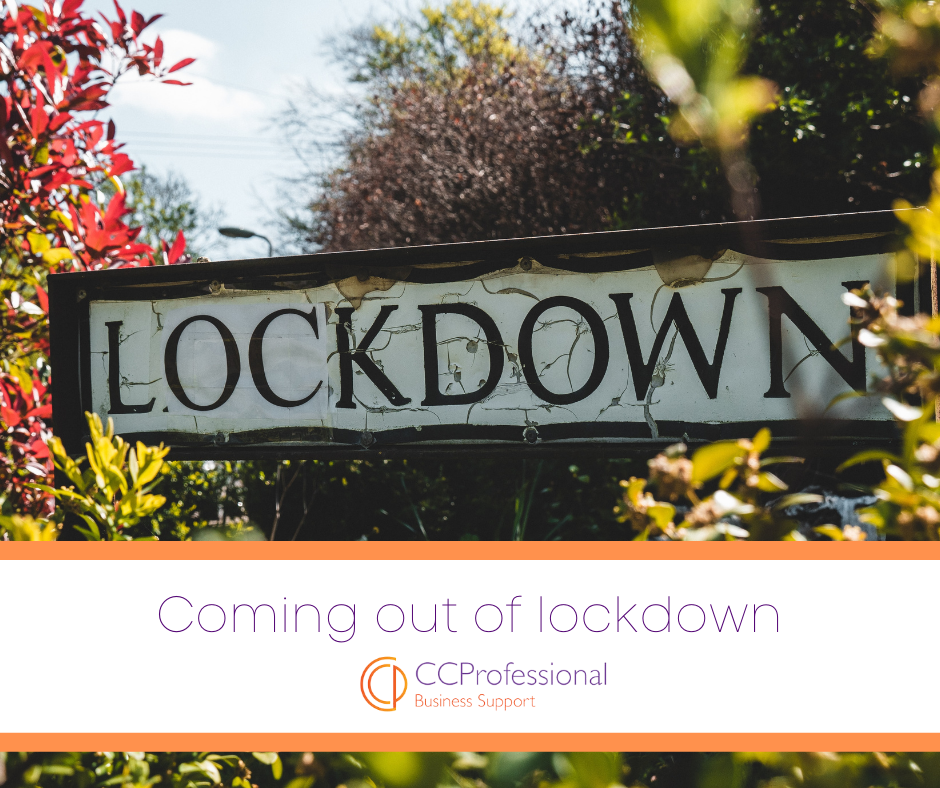As a business owner, it’s likely that you have taken the time to sit down and work out your hourly rate, project rate or products/services price list carefully and comprehensively. If you sell physical products, you will have considered how much it costs to buy them in, the storage and postage costs of your products, the overheads for running your business (for example, your website costs, your marketing budget, etc.) so that you have the highest chance of making a profit, even if it isn’t a significant one. The same is true for the vast majority of service based businesses – they have overheads (hardware and software costs, office rental, etc.) and there will be a definitive ‘minimum’ level that they’ll be willing to charge for their services that allows them to be fairly compensated for the work that they have done.
Are the necessary business insurances in place?
As a small business owner myself, I know that budget can be tight when you are looking to outsource aspects of your business – particularly at the moment (I’m writing this as the UK is slowly easing out of lockdown restrictions post-Covid19), during a period of economic uncertainty. However, I also know that if I’m only willing to pay an incredibly low rate to my freelance team that a.) it may not be enough to support them financially and b.) they may only be willing to accept such a low rate because they don’t have the business necessities in place (appropriate insurance, reputable software, etc.) that I need them to have.
APVA Research
The Association of Professional VAs carried out research in 2018/19 that found that a Virtual Assistant working 30 hours per week and charging £25 per hour was only taking home £13.03 of that hourly rate, as the rest needed to be set aside to cover essential ‘business necessities’ – the overheads that responsible and professional business owners should have in place. These business essentials include (but are not limited to):
- Tax and National Insurance Contributions
- Professional Indemnity, Cyber and Public Liability Insurance
- Compliance registrations (for example, registering with the Information Commissioner’s Office and with the HMRC for their Anti-Money Laundering Regulations, if appropriate)
- Utilities
- Ongoing professional development training, etc.
Are you considering GDPR and personal data?
Of course, some of these overheads are dramatically reduced in other countries, which allows freelancers in those areas to charge significantly cheaper rates than their UK/EU counterparts. However, from a data protection and privacy perspective, I’d much rather be working with someone from within the UK/EU who is familiar with (and adequately and sufficiently prepared for) things like the General Data Protection Regulations and Privacy and Electronic Communications Regulations, etc. Opting for ‘cheap and cheerful’ when dealing with personal data in your business (including email addresses), could mean that appropriate precautions for data protection aren’t put in place for your customers and suppliers, and could result in a penalty for you.
Low rate service options
There are individuals out there who offer an exceptionally low rate for their services, and who have the knowledge and ability to deliver high-quality services, but there are also a whole swathe of unregulated and unscrupulous ‘freelancers’ out there who simply will never work out to be cost-effective, regardless of how little you pay them, as you’ll have to either re-do or check their work.
Check that you're protected
When you start working with a freelancer or small business, feel free to ask them about their insurance cover, their compliance processes and procedures (and registrations), and make sure that you are protected by insisting on a contract that outlines the rights and responsibilities of both parties. And remember – they are simply trying to make a living too, just like you, and deserve to be respected as small business owners. If you can’t afford their services, either politely decline and move on, or ask them if there is any room within your budget for their support; it may be that they can’t offer as many hours as you’d initially liked, but even a few hours here and there or a smaller project than initially planned could still prove highly beneficial to you and your business.


 RSS Feed
RSS Feed
